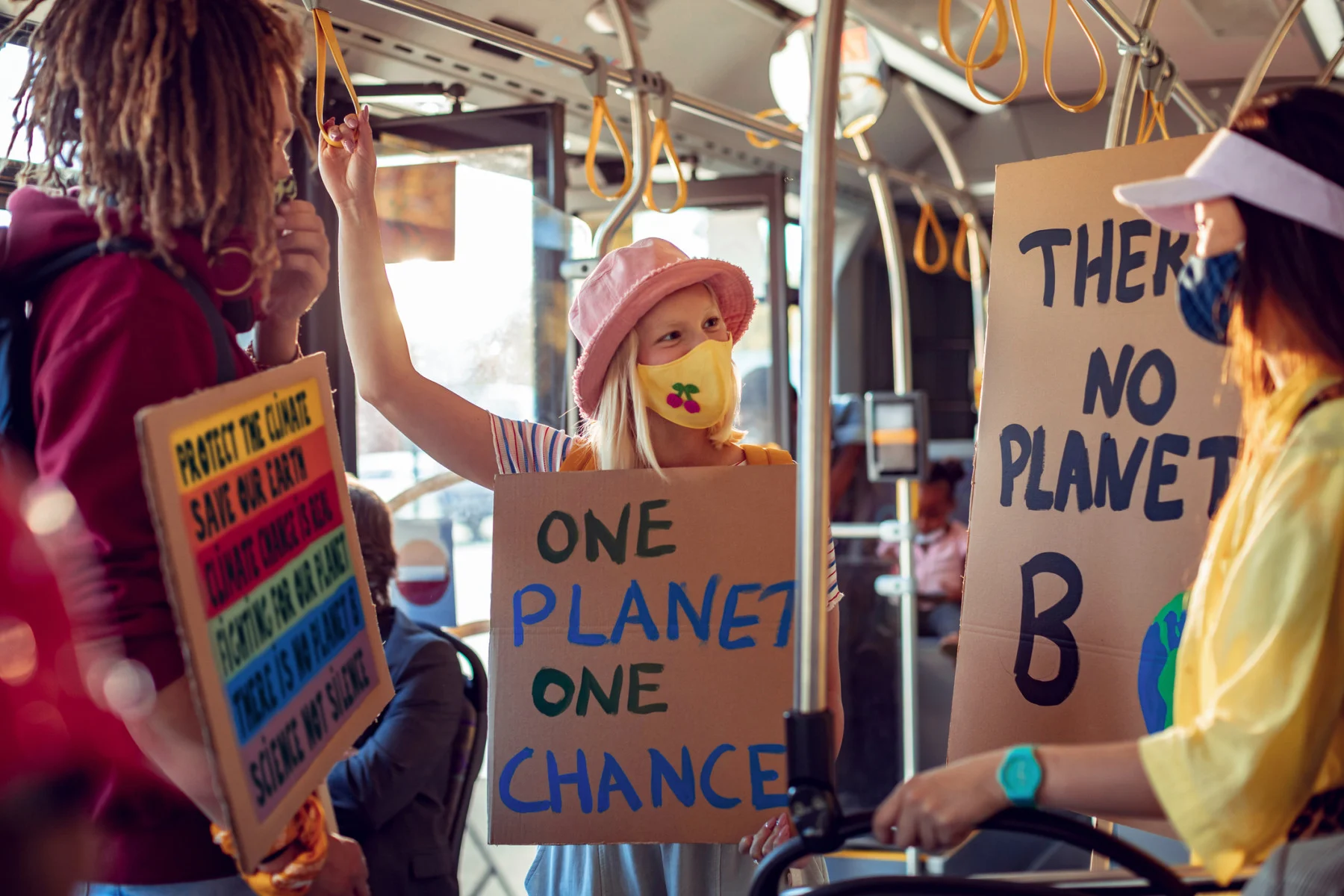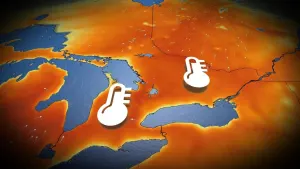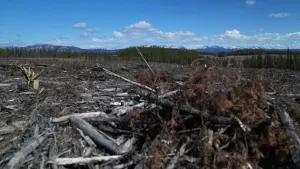
Despite 30 years of climate mitigation and policies, emissions keep rising
Radical actions that will effectively tackle climate change include strict regulations for corporations, dismantling carbon-emitting industries, and more effective leadership.
Carbon emissions have increased more than 60 per cent in the three decades since the creation of the Intergovernmental Panel on Climate Change (IPCC) and the start of international climate negotiations. Emissions are slated to increase yet again this year. The ongoing failure to curb emissions means developed nations like Canada now need to reduce their emissions more than 10 per cent per year to meet the Paris Agreement climate targets.
The reasons for this failure goes beyond the aggressive efforts of the fossil fuel industry to block climate action. Political, corporate, and financial elites and supporting institutions, including universities, continue to define development and progress only in terms of economic growth and shift climate costs onto the poor and future generations, according to two dozen climate experts examining why emissions keep going up.
“Climate change is ….the outcome of a fully functioning capital accumulating economy working hard to shift costs on to others,” the researchers stated in a new paper: Three Decades of Climate Mitigation: Why Haven’t We Bent the Global Emissions Curve?
Centralized power, in what the paper calls the “Davos Cluster”, and their supporters in government, think tanks, and economics institutes have long shaped our worldview to believe the current petroculture is essential to humanity’s well-being and that there is no realistic alternative. That’s why costly and impractical technologies like carbon capture and storage are favored so that fossil fuel use can continue, stated lead author Kevin Anderson, a climate scientist at the Tyndall Centre for Climate Change Research in the UK. It's a form of greenwashing and is all about maintaining the status quo, said Anderson.

Port of Gladstone in Australia, which is the fourth largest coal exporting terminal on Earth. (PETER HARRISON/ Stone/ Getty Images)
That status quo means the world's wealthiest one per cent — the carbon elite — will continue to account for more than twice the combined carbon emissions of the poorest 50 per cent. The wealthy one per cent is defined as households with incomes over US $110,000 a year. It also means those of us with incomes above US $40,000 — the world’s richest 10 per cent — will continue to be responsible for at least 50 per cent of global carbon emissions.
While those with vested interests will fight to maintain the status quo, a future radically different from the present is inevitable. Either we make the rapid and radical changes needed to reduce emissions or climate change will impose chaotic impacts beyond our ability to cope, the paper stated.
Among the opportunities for radical change:
Effective climate leadership aligned with scale and urgency instead of the political posturing at UNFCCC COP meetings
Stringent regulations of corporations
Phased dismantling of heavily carbon-emitting industries
Demand management to target consumption and the emissions of the carbon-elite and the richest 10 per cent
The paper concluded that meeting the Paris Agreement targets requires challenging the dogmas of economic growth, price-making markets, and the financialization of the environment, said Laurie Adkin, a political scientist at the University of Alberta. The Paris climate target is to keep global warming well below 2°C and limit it to no more than 1.5°C.
Those who enable or legitimize the petroculture worldview of the “Davos Cluster” including universities have received too little attention, Adkin told The Weather Network.
“The prestige that stems from the presumed neutrality and expertise of the enablers legitimates policies that serve the interests of the 1 per cent and 10 per cent.”
The net zero by 2050 targets along with reliance on future carbon removal technologies are strategies to avoid making reductions now. The Canadian and Alberta governments have been investing heavily in these rather than phasing out fossil-fuel exports and investing in renewables. “This is a new form of climate denialism,” said Adkin.
Jessica Green, a political scientist at University of Toronto, said wealthy and powerful actors – multinationals, fossil fuel, and mining companies, electric utilities, heavy manufacturers – “have a vested interest in slow-walking action on climate change”. Through political processes and behind the scenes, they are fighting to maintain the value of their assets Green told The Weather Network.
In a recent paper Green and colleagues say there is no evidence the top ten oil and gas firms are making meaningful efforts to decarbonize despite their claims. While these firms say they support the Paris Agreement they are greenwashing and hedging instead acting to reduce their emissions.
“We would have acted decades ago if not for the fossil fuel industry,” said Michael Mann, a climatologist and director of the Earth System Science Center at Penn State. For decades the worlds’ wealthiest and most powerful industry engaged in a massive disinformation campaign to sow doubt about the science and block climate action, Mann told The Weather Network.
It’s a “simple, basic fact” that the fossil fuel industry hired unscrupulous so-called experts, “funded front groups and think tanks, and bought out politicians all to prevent any meaningful policy action on climate,” Mann said.
Thumbnail credit: Marko Geber/ DigitalVision/ Getty Images










